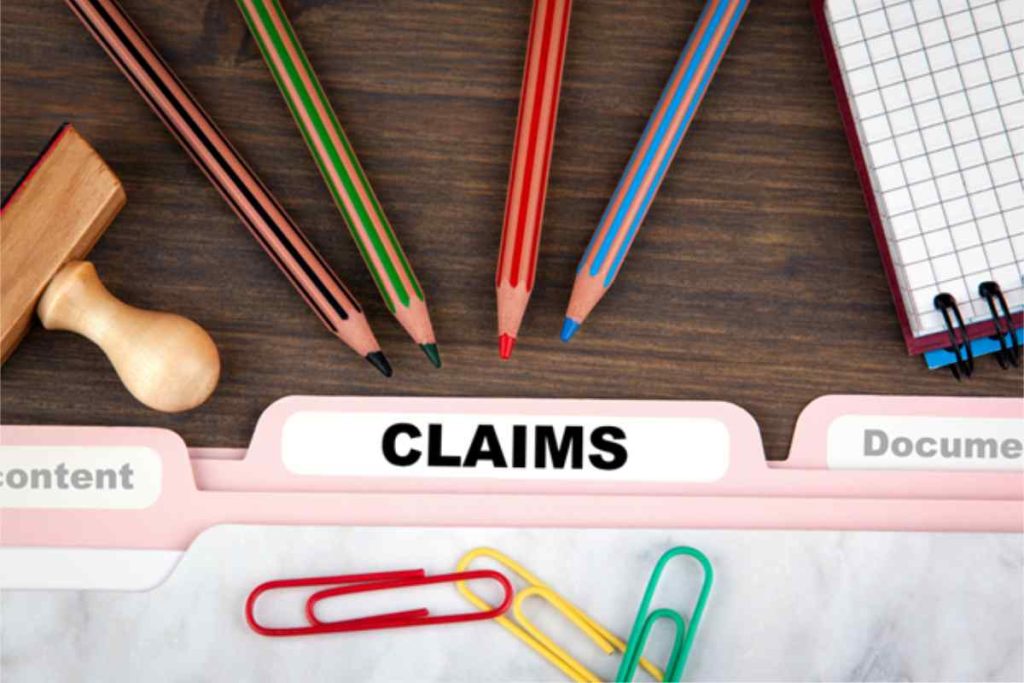Insurance Claims
Launching a business is expensive, and many first-time entrepreneurs will do anything to keep costs as low as possible — including cutting insurance. However, experienced business owners know how essential insurance can be in protecting an organization’s future. Contrary to green business leaders’ expectations, it is not a matter of if a business will need to file a claim, but when. Having the right kind of small business insurance will allow an organization to continue operating when, inevitably, they succumb to common risks of doing business.
To understand what the bare minimum of insurance coverage every business needs, entrepreneurs might pay attention to this list of common business insurance claims:
Table of Contents
Burglary and Theft
Almost all organizations experience some degree of theft — most often from employees themselves. Still, at least one in five businesses will endure a significant burglary or theft, which might involve damage to business property sustained during a break-in or other violent event. Business insurance can help cover the losses associated with missing or damaged merchandise as well as property damage sustained during the attack, though businesses may need to install certain security precautions, like adequate lighting or fencing, to earn coverage from their policies.
Water and Freezing Damage
Water is one of the most destructive forces on Earth, so it should hardly be surprising that a significant number of businesses succumb to water-related damage every year. There is no reliable way for a small business to avoid the possibility of water damage; most buildings have water pipes that can leak or burst, and all organizations are subject to rainstorms, snowstorms, flooding and other natural events. Recovering from even minor water damage can be exceedingly expensive to businesses, so insurance is essential to keep organizations operating despite this looming threat.
Wind and Hail Damage
Like water, wind is a natural risk that is impossible to avoid. Wind alone can cause damage to business property — by uprooting landscaping, pulling apart roofing, breaking windows and blowing away merchandise — but more often, wind is a risk because it works in conjunction with other weather elements to do harm. Specifically, wind and hail together will cause extensive damage, and because hail events are inevitable, businesses need insurance that will cover their wind and hail–related expenses.
Fire
Fire might seem like a risk to specific business types, like restaurants or glass blowers, but in truth, all businesses can suffer due to fire. Often, fires are caused by unseen maintenance issues, like loose wiring, but they can also result from seemingly innocuous activities, like lighting candles or using microwaves. Because fires are so remarkably devastating, businesses need to have fire coverage in their insurance policies, even if their risk is notably low.
Customer Injuries and Accidents
Though certain types of businesses have increased risks in this regard, there is always a small potential for customers to be injured on business premises. A visiting client might slip and fall in a meeting room; a customer might knock a shelf of merchandise onto themselves; an overzealous security guard might twist a patron’s wrist a little too aggressively; the coffee served in the lobby might be too hot and cause burns. Slip-and-falls are the most common type of customer injury claim, but even organizations that are diligent about maintenance and signage need insurance, as this type of claim often exceeds many tens of thousands of dollars.
Product Liability
Businesses that manufacture products may be liable for damages caused by those products. The amount of product liability an organization experiences can be mitigated through specific types of agreements with suppliers and vendors and compliance with industry and government standards. Still, certain industries will involve a much higher rate of product liability than others, and businesses operating in these industries would be wise to invest in product liability insurance.
Reputational Damage
Reputational damage occurs when a third party claims that a company has committed a civil infraction, like slander or invasion of privacy. Though relatively rare, reputational damage claims can be devastating; they are regularly amongst the most expensive claims and can have lasting effects on an organization’s branding. Insurance covering reputational damage will usually help cover legal costs and expenses related to recovery from attacks on a company’s reputation.
Conclusion
Even the world’s best entrepreneur cannot fully eliminate risks to their business. Fortunately, the most common types of insurance claims tend to be covered by a general liability policy, which is an affordable and accessible policy for all small business leaders to obtain.

Review The Insurance Claims Every Business Will Make. Cancel reply